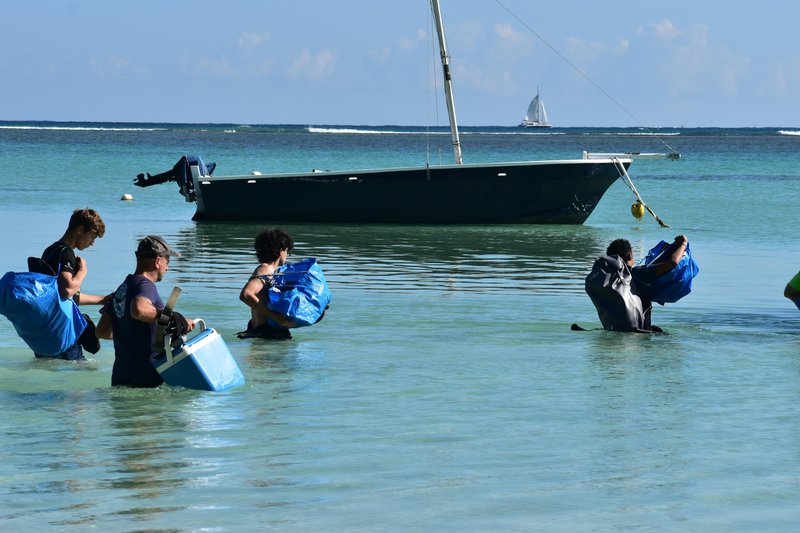Why Testosterone Levels Drop in Your 30s
Testosterone, the hormone responsible for male vitality, peaks in your late teens and early 20s. By your 30s, it’s common to see a slow decline. This drop can affect muscle mass, energy, libido, and even mood. But there’s good news — you can take action. Here’s how to boost testosterone in your 30s naturally and regain your edge.
1. Strength Training for Hormonal Surge
One of the most effective ways to stimulate testosterone production is through regular strength training. Compound exercises like squats, deadlifts, and bench presses trigger hormonal responses that enhance testosterone levels. Aim for 3-4 sessions per week, focusing on heavy weights and low reps.
2. Prioritize Sleep and Recovery
Sleep is your body’s natural reset button. Poor sleep reduces testosterone significantly. Ensure 7–9 hours of quality sleep nightly. Learn more in our full guide on sleep hygiene for better testosterone.
3. Eat Testosterone-Friendly Foods
Diet plays a key role in hormonal health. Incorporate foods rich in zinc (like oysters), magnesium (spinach), healthy fats (avocados, olive oil), and vitamin D (fatty fish, eggs). Avoid processed sugars and seed oils that may disrupt hormone balance.
4. Manage Stress and Cortisol
High stress elevates cortisol, a hormone that suppresses testosterone. Combat stress through mindfulness, meditation, or cold showers. Regular relaxation rituals can help restore hormonal equilibrium.
5. Limit Alcohol and Eliminate Endocrine Disruptors
Alcohol consumption can significantly impair testosterone production. Likewise, avoid products with BPA, phthalates, and parabens—these are endocrine disruptors that mimic estrogen. Learn how to avoid endocrine disruptors for maximum male performance.
6. Walk Daily to Stay Lean and Boost Testosterone
Fat cells convert testosterone into estrogen. Regular walking, even 30 minutes a day, improves insulin sensitivity, burns fat, and enhances mood. Check our guide on the daily walking benefits for sex drive.
7. Use Natural Testosterone Boosters
Supplements like ashwagandha, fenugreek, and vitamin D3 have been shown to support testosterone naturally. Combine with lifestyle upgrades for best results. Always choose reputable, science-backed products.
Final Thoughts: Reclaim Your Edge with Smart Habits
Your 30s don’t have to mean hormonal decline. By adopting the right habits, you can maintain high testosterone levels and enjoy peak performance. For proven support, check out the full line of solutions at SupremePenis.com.
8. Cut Out Endocrine Disruptors for Hormonal Balance
Avoiding endocrine disruptors is critical for men in their 30s. These chemicals, found in plastics, cosmetics, and non-organic foods, mimic estrogen and suppress testosterone. Choose BPA-free containers, avoid processed soy, and eat organic when possible.
9. Practice Intermittent Fasting
Fasting promotes human growth hormone (HGH) and testosterone. Intermittent fasting (such as 16:8) helps lower insulin resistance, reduce inflammation, and enhance hormonal balance. Many men report increased energy and libido after a few weeks.
10. Have More Sex
Regular sex boosts testosterone naturally. The act of sex triggers the release of dopamine and reduces cortisol—both of which are great for testosterone. Increased intimacy and sexual activity in your 30s can be both a cause and a result of higher T-levels.
11. Avoid Estrogenic Foods
Besides processed soy, avoid foods high in chemical additives and preservatives. Packaged snacks, processed meats, and certain beer brands may contain substances that negatively affect testosterone. Stick to whole, nutrient-dense foods.
12. Cold Showers and Thermogenesis
Cold exposure stimulates the nervous system and can temporarily boost testosterone. Cold showers or cryotherapy are not magic bullets but can enhance resilience, reduce inflammation, and support overall male vitality.
13. Check Your Medications
Some medications—like statins, SSRIs, and opioids—can interfere with testosterone production. Always discuss side effects with your doctor and ask about alternatives if you’re experiencing symptoms of low T.
14. Monitor Your Progress
Track your symptoms, energy levels, libido, and even hormone levels with regular blood work. Knowing your baseline and how your body responds to lifestyle changes helps fine-tune your testosterone strategy.
Final Word: Be Proactive, Not Passive
Don’t wait for fatigue, low libido, or brain fog to take over. Take control of your hormone health today. By implementing these strategies, you’re not just boosting testosterone—you’re building a life of strength, confidence, and sexual vitality well into your 40s and beyond.
15. Balance Cardio with Strength Training
While heavy lifting is great for testosterone, too much cardio can backfire. Excessive endurance training may increase cortisol levels and reduce T. Strike a balance by including moderate cardio (like 20-minute HIIT sessions) a couple of times per week.
16. Stay Socially Connected
Social isolation is linked with depression, stress, and hormonal imbalance. Positive social interactions, laughter, and even competitive sports or games can trigger natural testosterone boosts. Don’t underestimate the power of brotherhood and tribe.
17. Set Goals and Crush Them
Ambition fuels testosterone. Whether it’s career, fitness, or personal development, pursuing and achieving goals activates your brain’s reward systems and stimulates testosterone production. High-performing men often have high T—not a coincidence.
18. Fix Micronutrient Deficiencies
Low levels of zinc, vitamin D, magnesium, and B vitamins are strongly associated with lower testosterone. Consider a blood test and supplement strategically. Whole foods are ideal, but quality supplementation fills nutritional gaps efficiently.
19. Stay Hydrated, Avoid Sugary Drinks
Dehydration increases cortisol and slows metabolic function. Sugary drinks, including soda and sweetened coffee beverages, spike insulin and lead to energy crashes. Stick to filtered water, herbal teas, and electrolyte-rich drinks post-training.
20. Be Patient but Consistent
Boosting testosterone in your 30s is not an overnight fix. These strategies build upon each other over weeks and months. The key is consistent application—compound interest in your health pays off big time in energy, sex drive, and confidence.
Recap: Your Testosterone Toolkit for Your 30s
To summarize, boosting testosterone in your 30s involves strength training, quality sleep, strategic nutrition, stress management, and avoiding hormone disruptors. With these habits, you’ll feel younger, stronger, and more confident.
Get the Ultimate Advantage









